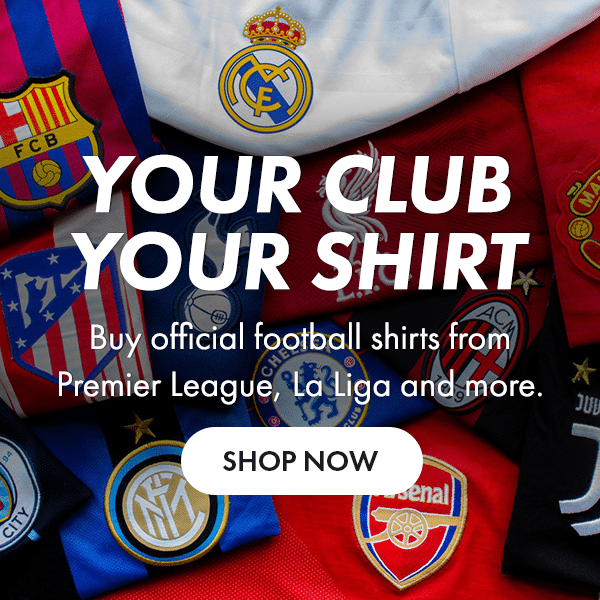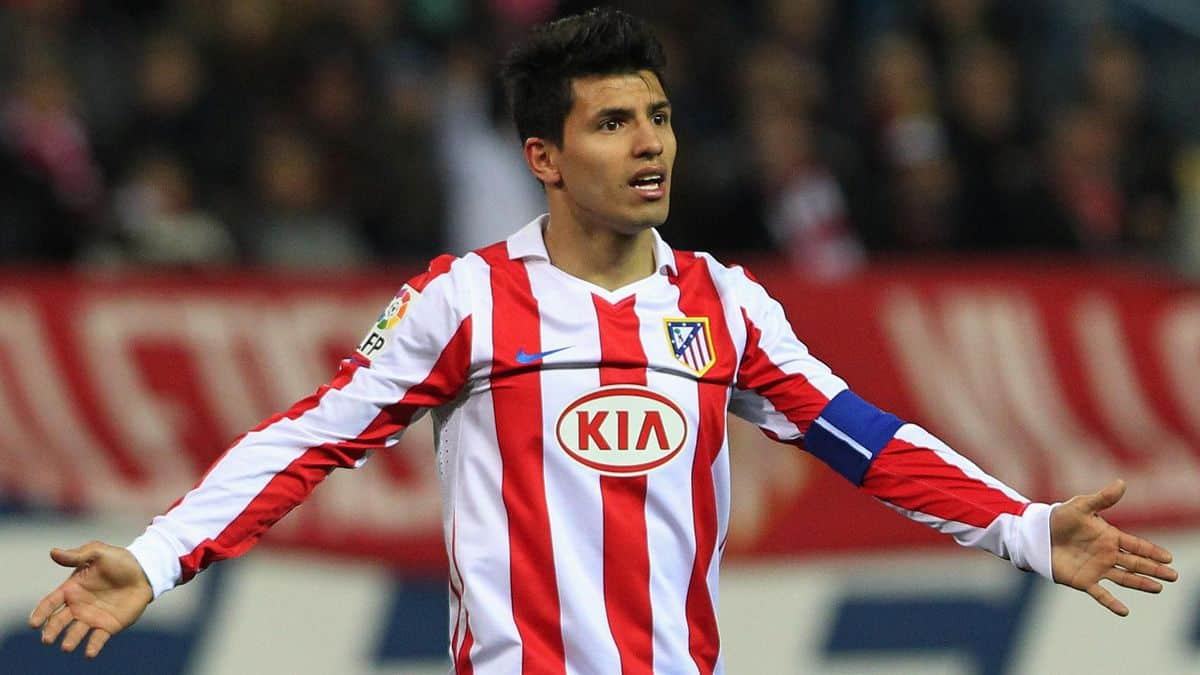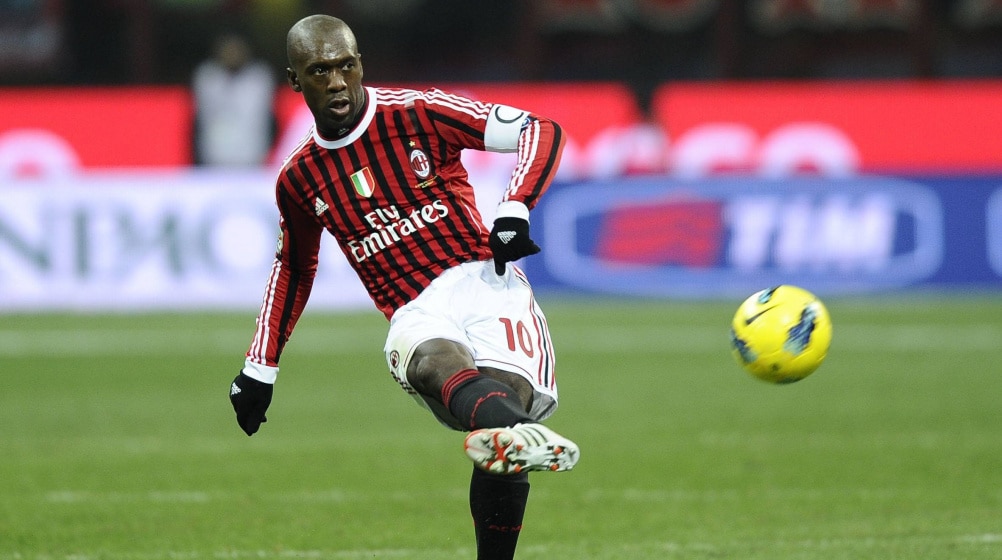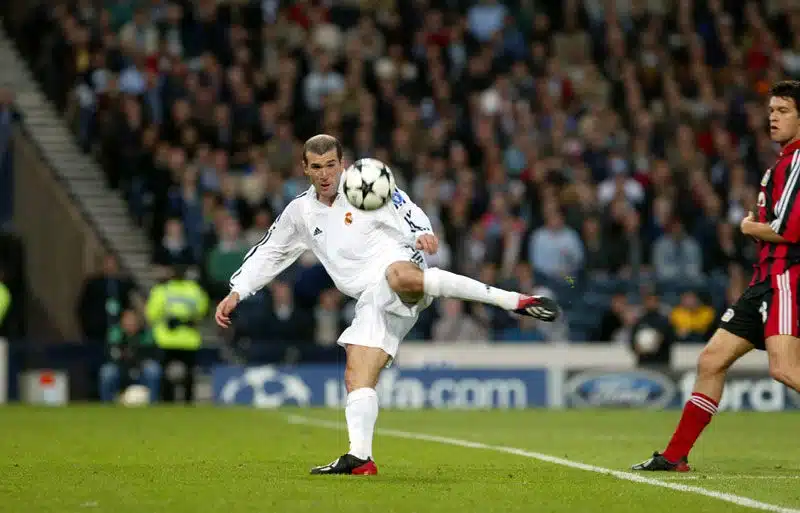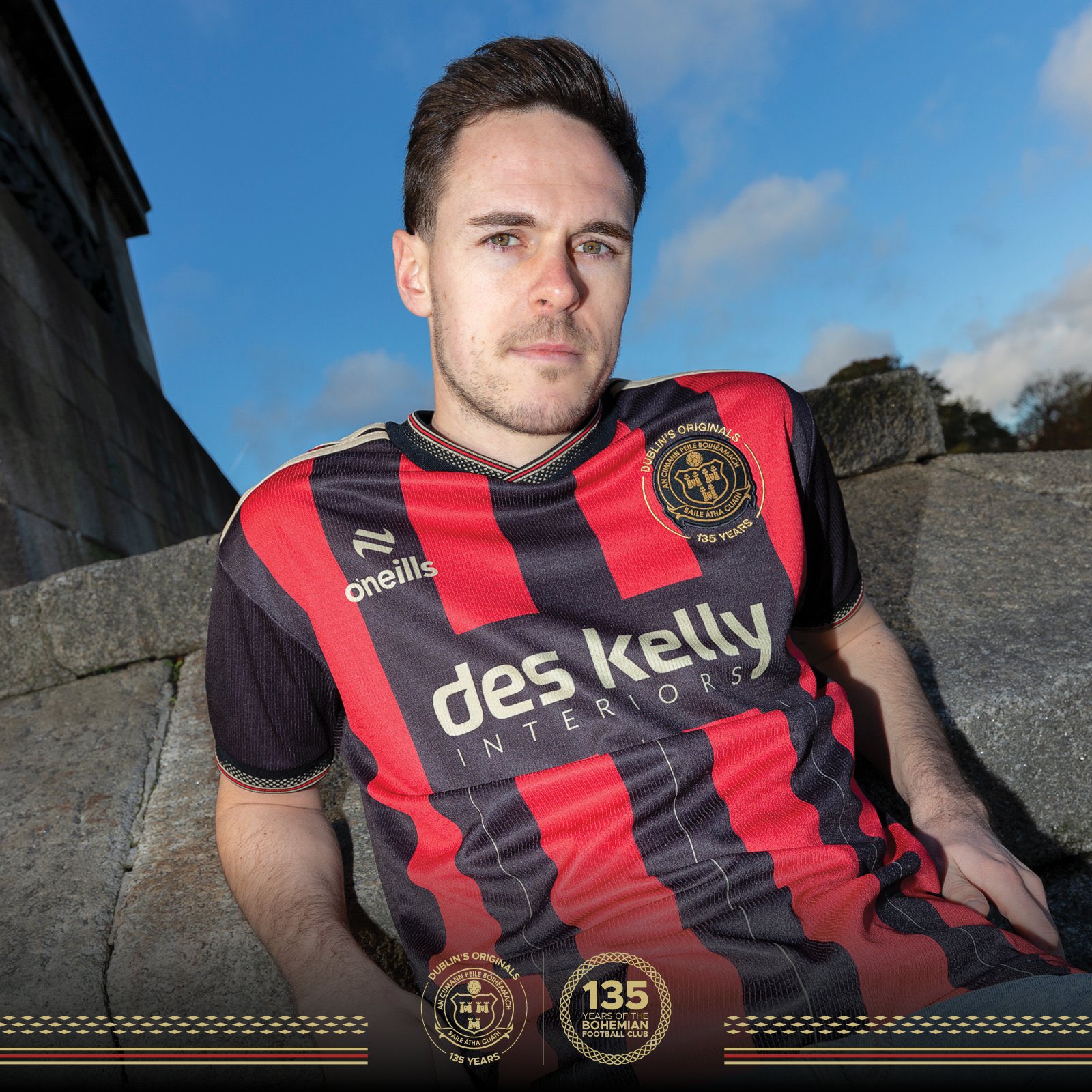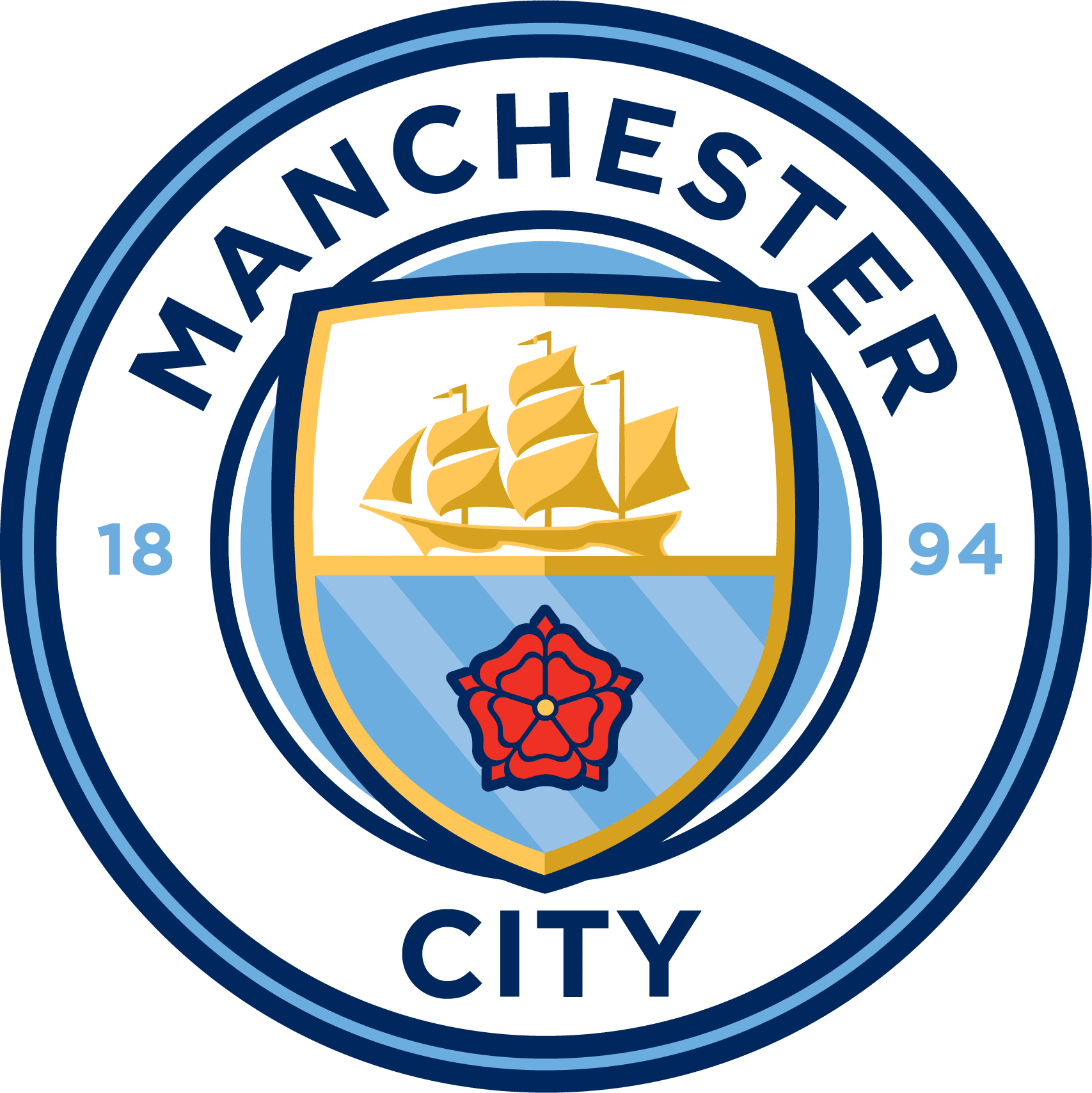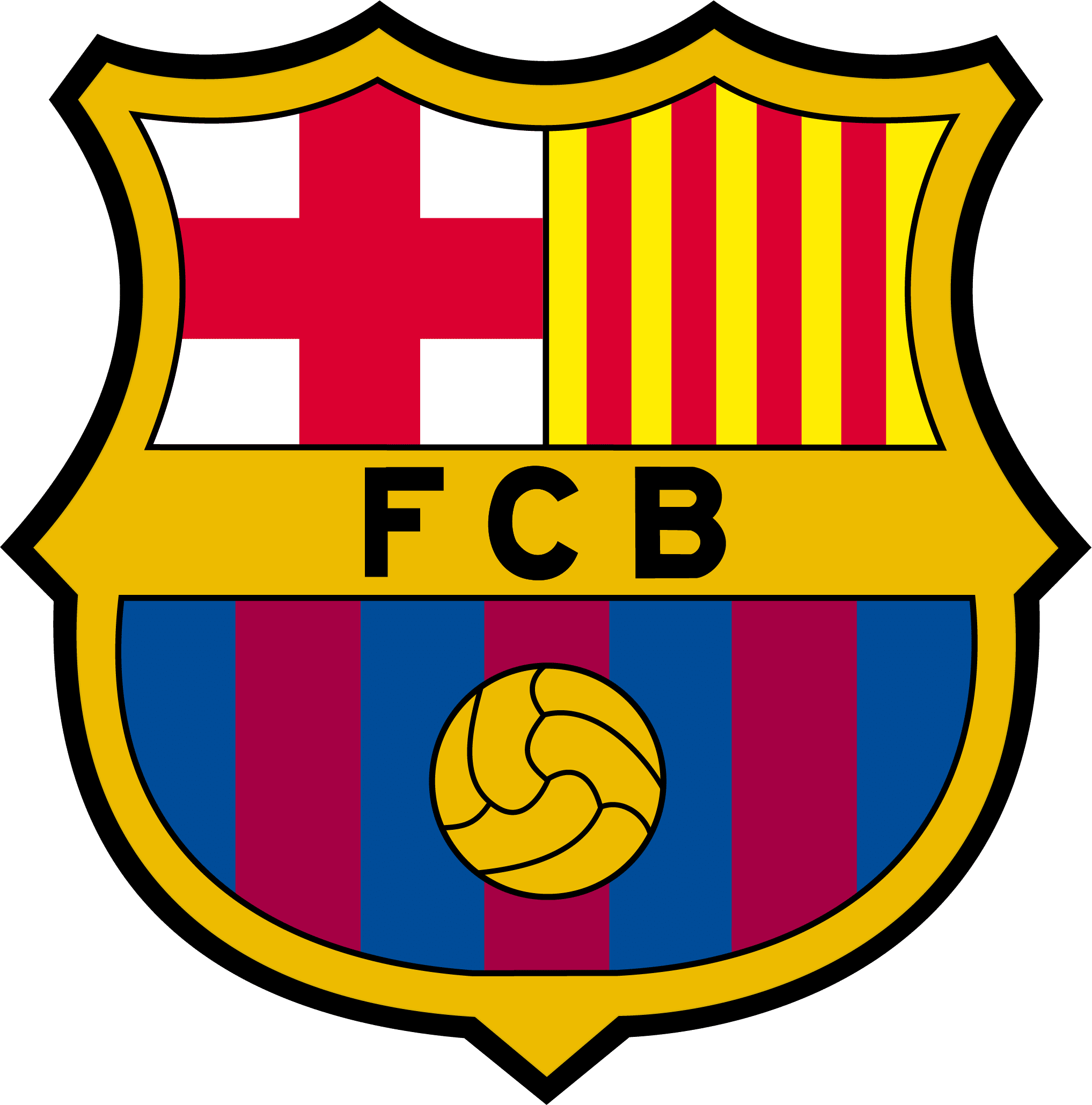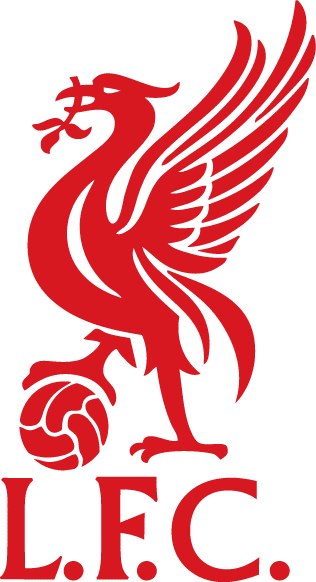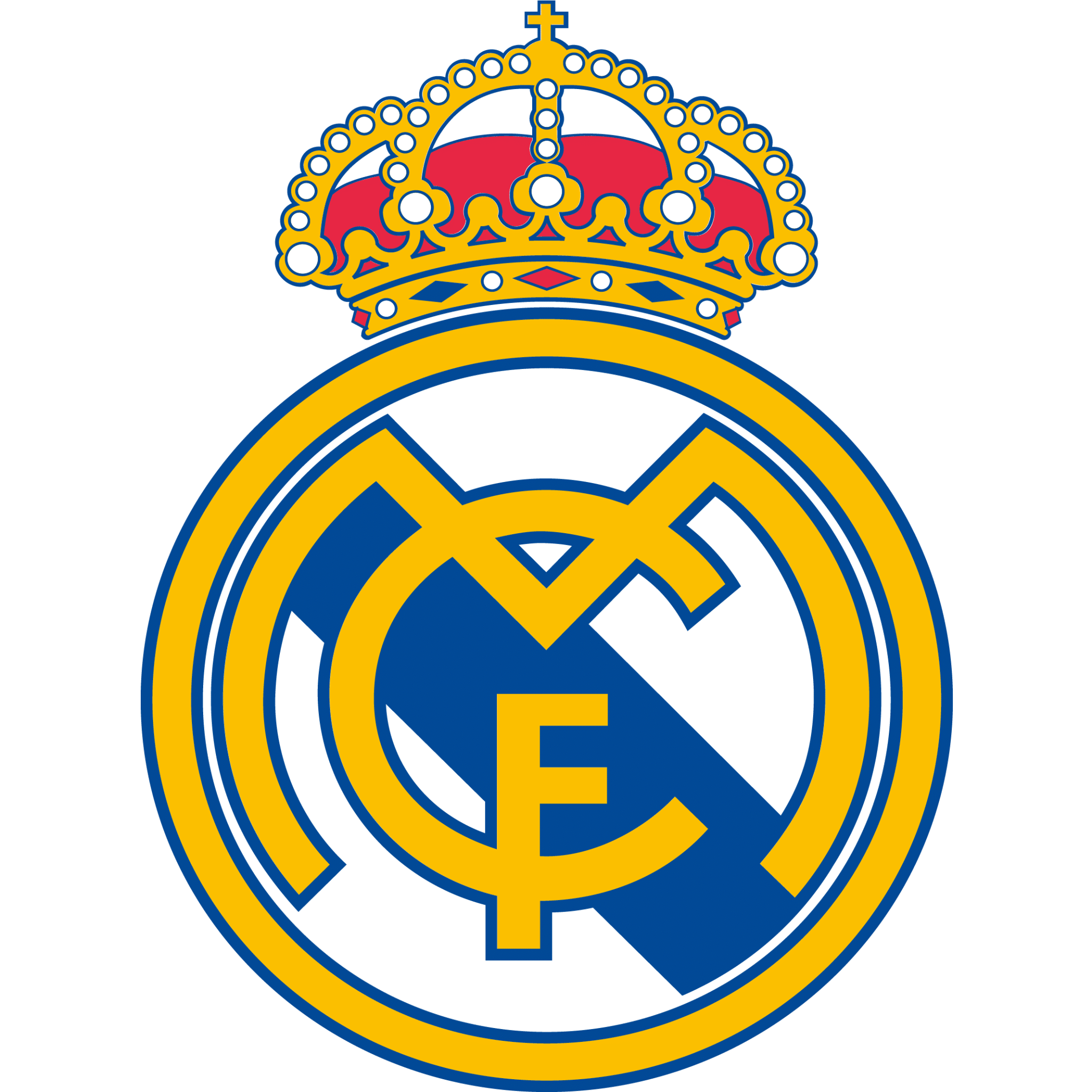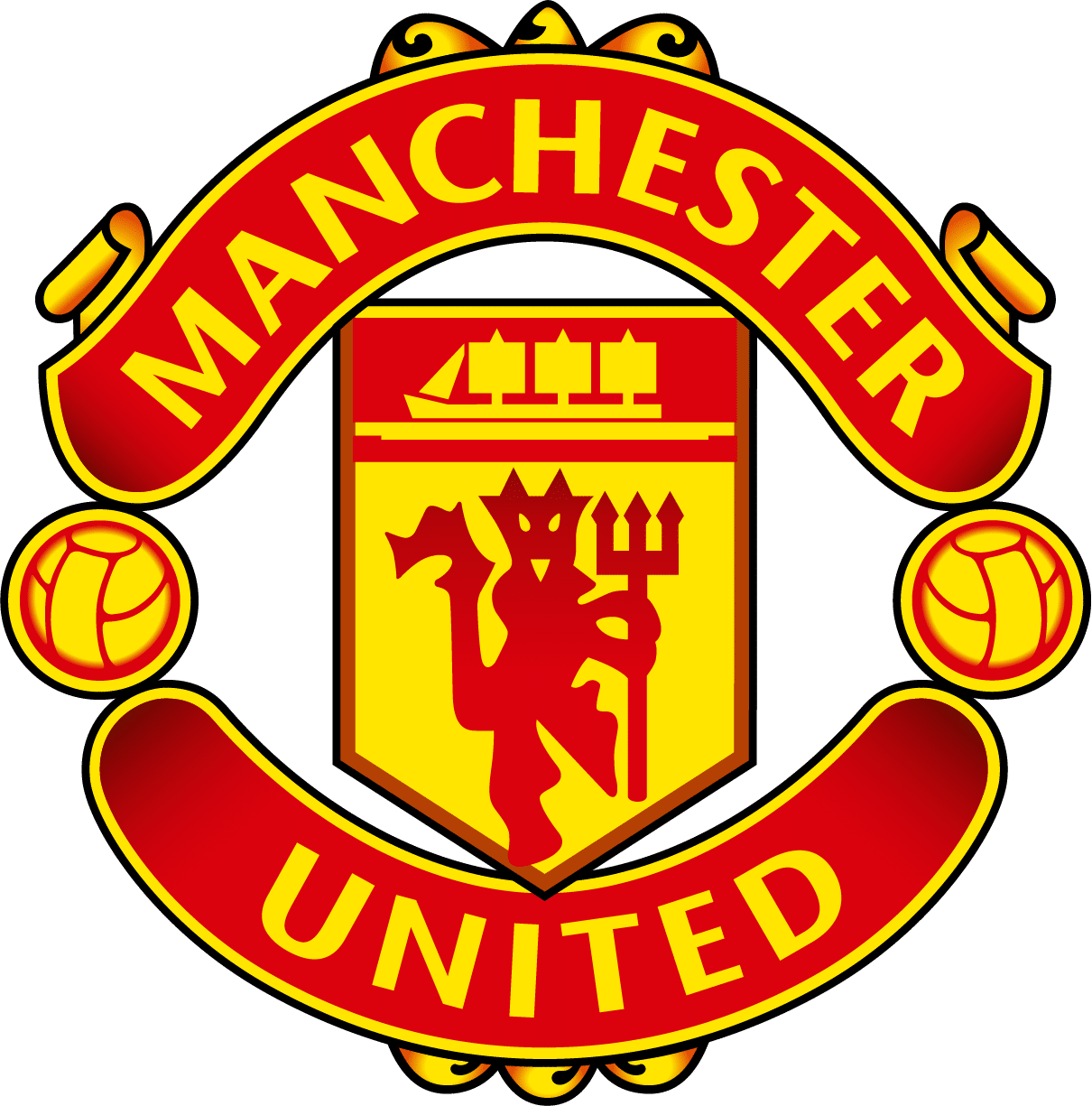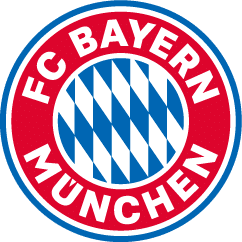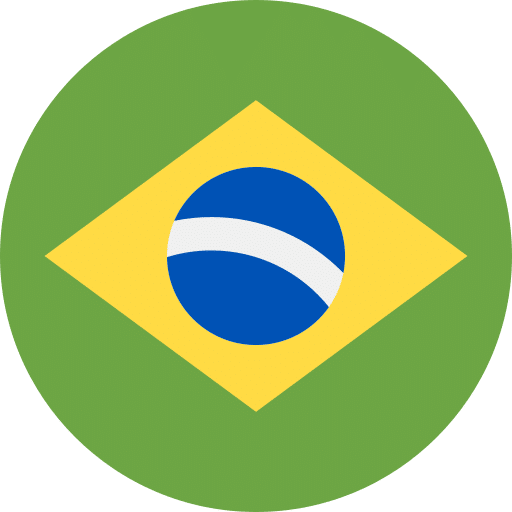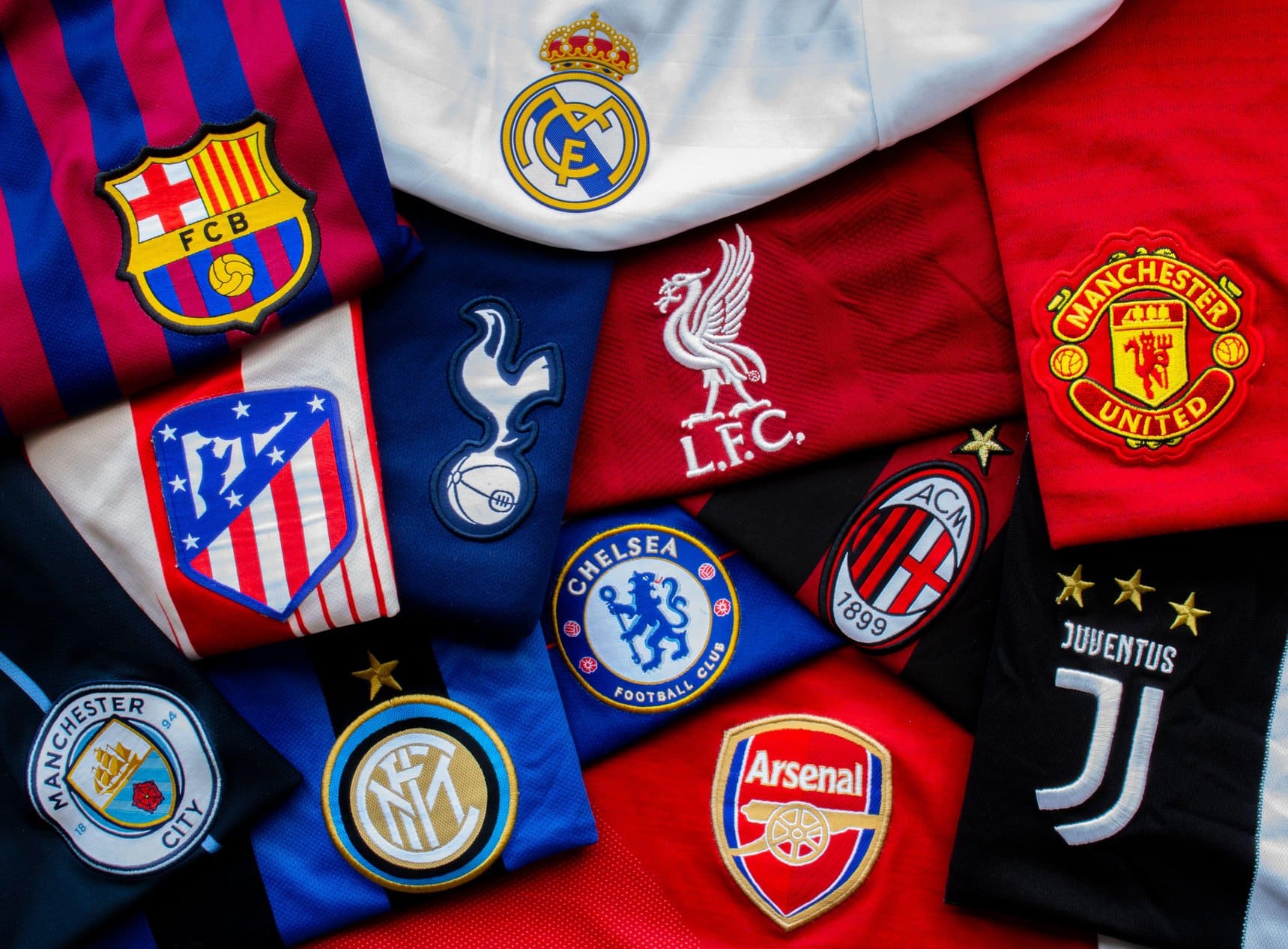Few footballers in modern history have embodied the elegance, ambition, and controversy of the beautiful game quite like Luís Figo. A Portuguese icon whose career spanned nearly two decades, Figo dazzled fans with his breathtaking dribbles, pinpoint passes, and an uncanny ability to dictate the rhythm of a match. From his formative years at Sporting CP to his record-breaking transfers to Barcelona, Real Madrid, and Inter Milan, Figo’s journey is not just a tale of individual brilliance but also a reflection of the intense rivalries and shifting loyalties in modern football.
Sporting CP: 1989-1995
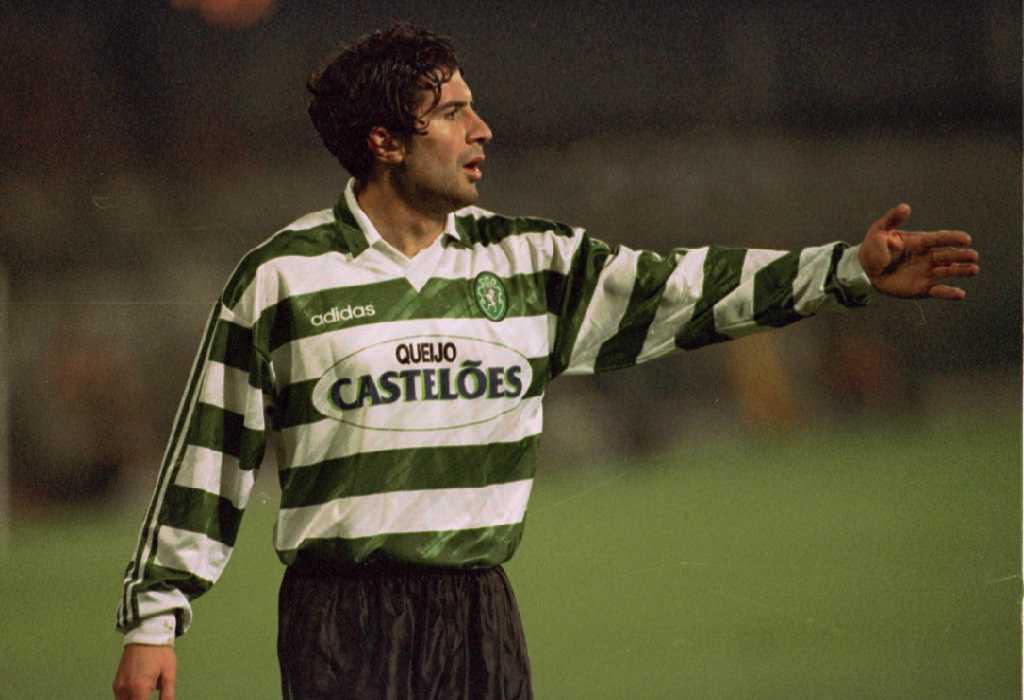
Luís Figo began his illustrious football career at Sporting CP, making his league debut on April 1, 1990, as a substitute in a 1–0 victory over Marítimo. A promising talent, he scored his first senior goal on December 7, 1991, equalising in a 2–1 win against Torreense. During his time at Sporting, Figo also made his mark on the international stage, earning his first senior cap in 1991 and achieving success with Portugal’s youth teams, including victories in the 1991 FIFA Under-20 World Championship and the Under-16 European Championship alongside future stars Rui Costa and João Pinto. Figo was a key figure in Portugal’s “Golden Generation,” showcasing his immense potential. His tenure at Sporting culminated in winning the Portuguese Cup in the 1994–95 season, paving the way for his transition to the pinnacle of European football.
Barcelona: 1995-2000
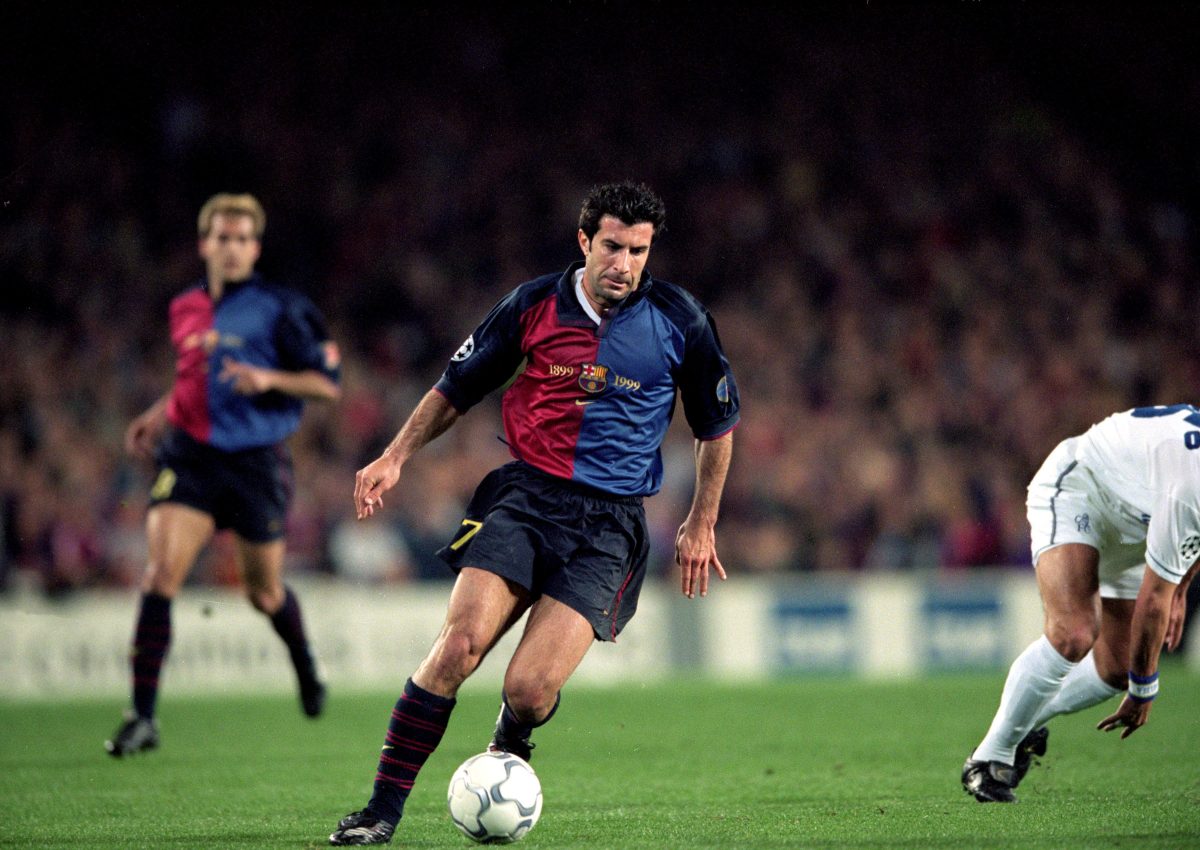
In 1995, Luís Figo joined Spanish giants Barcelona for £2.25 million, marking a turning point in his career. The move came after a controversial period where he had signed contracts with both Juventus and Parma, resulting in a two-year ban on transfers to Italian clubs. Initially loaned back to Sporting CP due to restrictions on Portuguese players transferring outside designated periods, Figo finally debuted for Barcelona and quickly established himself as a cornerstone of the team.
Figo’s time at Barcelona saw him evolve into one of the world’s premier midfielders. He played a pivotal role in the club’s success, contributing to their 1996–97 UEFA Cup Winners’ Cup triumph alongside Brazilian superstar Ronaldo. The following years brought back-to-back La Liga titles, with Figo forming a formidable attacking partnership with Rivaldo and Patrick Kluivert. His dynamic style, technical brilliance, and leadership on the field earned him admiration across Catalonia, where his contributions extended beyond football, giving the region a sense of cultural and sporting validation.
In 172 league appearances for Barcelona, Figo scored 30 goals, cementing his legacy as a fan favorite. However, his tenure at the club ended controversially, setting the stage for one of football’s most talked-about transfers.
Real Madrid: 2000-2005
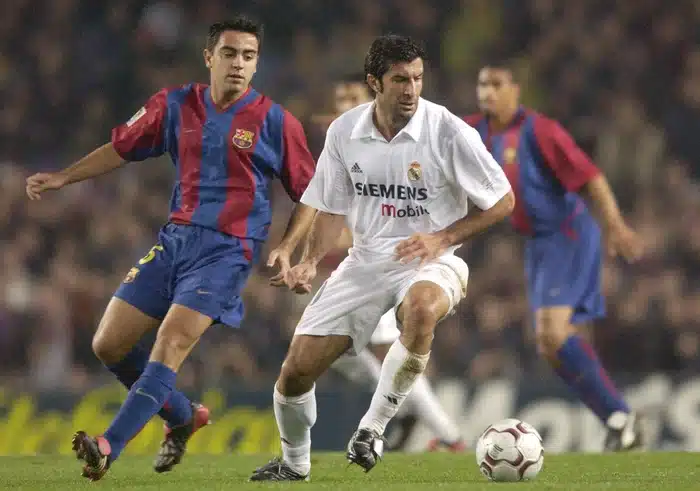
Luís Figo’s move to Real Madrid in July 2000 sent shockwaves through the football world, not least because of the €62 million fee—a record at the time—and the fact that it was a direct transfer from bitter rivals Barcelona. The move marked the beginning of Real Madrid’s Galáctico era under Florentino Pérez, with Figo as its inaugural superstar. While his Ballon d’Or that year was awarded primarily for his achievements at Barcelona, Figo quickly proved his worth in Madrid, winning the 2001 La Liga title and earning the FIFA World Player of the Year award the same year.
Figo’s time at Madrid wasn’t without controversy. On his first return to Camp Nou in October 2000, the reception from Barcelona fans was hostile, with banners labeling him a “traitor” and “mercenary.” Missiles, including bottles and lighters, were hurled every time he touched the ball. A defining moment came in 2002 during another clash at Camp Nou, when the game was temporarily halted as objects rained down on Figo, including the infamous pig’s head.
Despite the animosity, Figo remained integral to Real’s success. In five seasons, he won two La Liga titles and the 2002 UEFA Champions League, cementing his legacy as one of Madrid’s all-time greats.
Inter Milan: 2005-2009
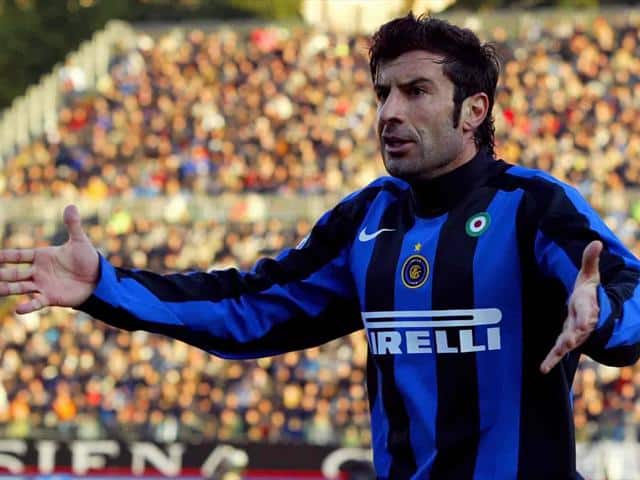
In 2005, Luís Figo joined Serie A giants Inter Milan on a free transfer, fulfilling a long-awaited ambition to play in Italy. The move marked the final chapter of his illustrious playing career, and Figo quickly became a key figure in Inter’s squad. Known for his precision and leadership, he contributed significantly to the club’s domestic dominance. One of his standout moments came in the 2006 Supercoppa Italiana, where his extra-time free-kick secured victory against Roma, highlighting his enduring ability to deliver on the biggest stages.
Figo played under various managers at Inter, but the arrival of compatriot José Mourinho in 2008 brought a sense of familiarity and camaraderie, with several Portuguese teammates joining the squad. Figo announced his retirement in May 2009, coinciding with Inter clinching the Serie A title. His final match, against Atalanta at the San Siro, saw him captain the side and receive a standing ovation from the crowd as he left the pitch.
Even after retiring, Figo’s bond with Inter remained strong. He expressed gratitude for the support of teammates and President Massimo Moratti, pledging to contribute to the club off the pitch. Figo later witnessed Inter’s 2009–10 UEFA Champions League triumph, cementing his legacy as part of the club’s golden era.
Portugal: 1991-2006
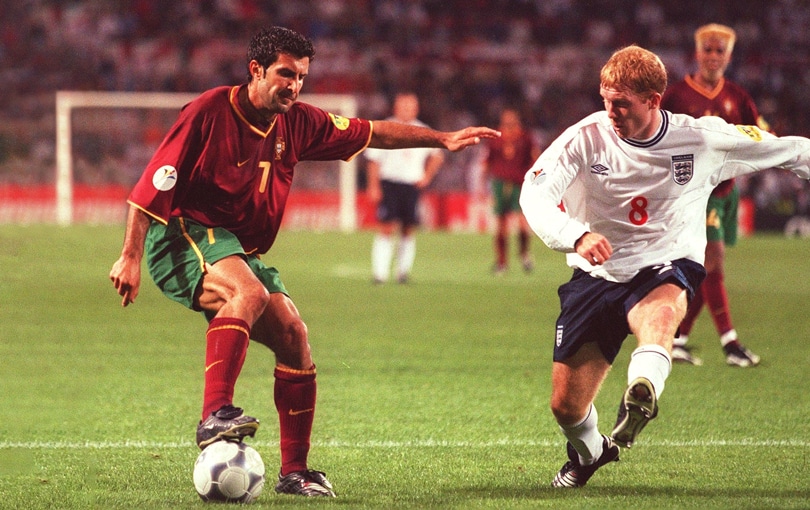
Luís Figo was the emblematic leader of Portugal’s “Golden Generation,” a group of immensely talented players who brought international acclaim to Portuguese football. Figo made his senior debut at just 18, in a 1991 friendly against Luxembourg. Over the years, he earned 127 caps—once a national record—and scored 32 goals, cementing his place as one of Portugal’s greatest-ever players.
Figo’s first major tournament was UEFA Euro 1996, where he scored a pivotal goal in a group-stage win over Croatia. At Euro 2000, he played a key role, scoring in a famous comeback against England and leading Portugal to the semi-finals. Although the team fell short in the 2002 World Cup, Figo’s leadership remained steadfast, and his performances in qualifying were instrumental.
Captaining Portugal at Euro 2004 on home soil, Figo led the team to the final, only to face an upset loss to Greece. Initially retiring afterward, he returned to guide Portugal through the 2006 World Cup. Under his captaincy, Portugal achieved their best finish in 40 years, reaching the semi-finals.
Though Figo retired without international silverware, his influence was transformative. He paved the way for future generations, passing the captain’s armband and iconic No. 7 jersey to Cristiano Ronaldo.
